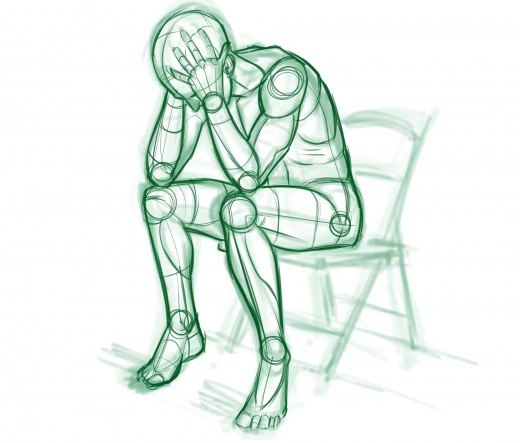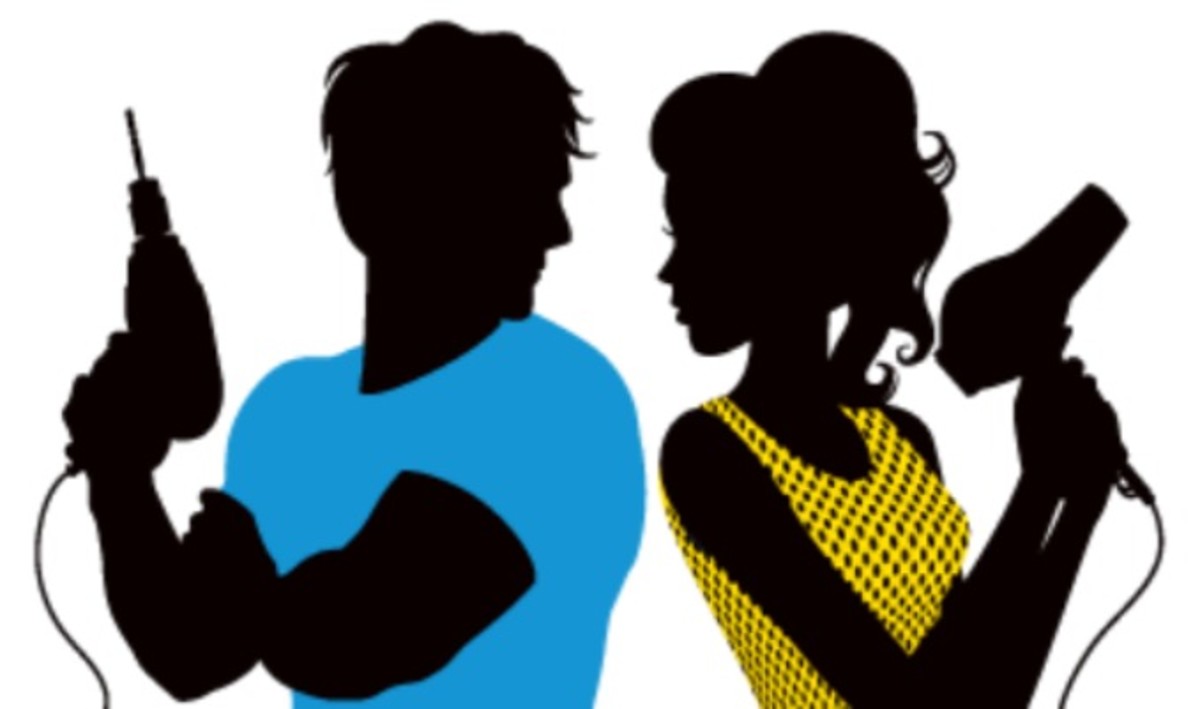The Emotional Bit of Toxic Masculinity

I am looking at a situation where, in the African context, a son telling his father or siblings ‘I love you’. People say that as a way of communicating and revealing their emotional feelings. In the United States and Britain, a few counties to say, the phrase I love you is a common term. Fathers will show their love to their kids with ease by saying the three words. Sons will do the same to their fathers with little effort and much emotional consciousness. In Africa, the story is much different.it will sound feminist for me as a son to tell my dad ‘I love you’. It is worse for me to say that to my fellow folks as they would tag me gay. And that is the story, Emotional disintegration, and devaluation among men and boys.
These modern ages and generations define boys with thinking and girls with emotion. The strength and masculinity of men and boys are orbiting and tightly wrapped around thinking. the emotional part is scrapped off. Ladies, on the other hand, are strongly associated with feelings; emotional feelings. But don’t men and boys have emotions and feelings that need support and attention? Are they not human beings whose bodies are designed to feel just like girls?
Over decades, and also in the medieval ages masculinity was and is defined by roles. Men are obliged to be the providers, and that is it. The basic human judgment is that men, stereotypically, should be providers. This makes men define their masculinity more in roles than being. Therefore masculinity becomes more about weighing the roles that the society has defined. Ladies on their side, define masculinity by what kind of job a man has, and the size of their wallets. Other ladies think that men with more muscles and body weight are more masculine than skinny men. In the end, men define masculinity with questions as ‘how can I be seen as a man?’

The Inside Stories of Emotional Struggles
Men get gratified by what they do, their occupation, and money and what they largely possess. This goes a long way back, after finding a good job and money, men would want to see what other men are doing and mimic that. Mimicking creates a chain of what defines masculinity as it gives men an example. For instance, when boys grow, they will tell you about their role models. Their choices are either a rich politician, a successful entrepreneur or so many other people in the limelight. They want to be like them at whatever costs. To them, masculinity becomes more about having money and being rich.
The problems in defining masculinity launches more problems on the men. They are now seen and perceived as violent, unemotional and dominant and they need emotional control. The emotional part of it all becomes the toxic fragment in masculinity. Men and young boys are not able to face emotional issues head-on, because they feel they can solve everything. It is like a man has one option to solve problems, for instance, fighting. In reality, the options are more than one; we could talk it out, express the frustrations and find a solution, not just from oneself. Speaking the problems out, for men is a big issue. But for a turning point to be achieved we must reach a point of speaking our problems out.
Men have a problem of emotional stuffing, piling up emotional issues till they blow up then realize there was a problem. They feel that they cannot reach out for help because of fear of being despised and slapped off. For instance, if they could take a hand and explain their issues, in return they will find a negative response instead of support for solution. Men will seek health support when they have collapsed or been bedridden. They are not ready to get a solution as soon as the problem arises, a toxic problem brought by masculinity.
I recently met an old friend, in one of these backyard eateries. He looked different from what I had expected. The last time I saw him way around two years back at his successful business in Nairobi. He even invited me for dinner at his home Runda. That evening he drove me to the bus station and off I was to Mombasa. The discussion we had left me in deep thoughts and wonder. His business was going down to dust and the creditors and banks had already auctioned the business assets. He got kicked out of his home because of unpaid mortgages and the wife had fled. Because we met at our home town, I got to understand that he has been to the motherland for almost six months trying to figure things out alone. I tried to pay the bills that evening and he was like, ‘no, I can pay my bills’.
I learned a lot of things from our conversations, and that cuts across the line for all men. Men don’t want to share their problems. The idea that a man should be a lone wolf so that they can be seen as tough and the alpha, is really killing them from the inside. I later came to learn more heartbreaking stories about my friend from other people. Even when I asked him about them, he was not open.
I have always believed in the proverbial words that problem shared is half solved. There is something more than sharing a problem. It is not always that people find solutions to problems that they share. But the fact that someone will help you strategize in fixing the problem is something to count on. Earlier I gave a thought that men do not want to share their problems because they fear that they may get slapped off. This is a big issue for men.
There are two faces of people and friends that men always have at their sides. The uncultured friends who will laugh at you when you speak out. Their solution for you will always be alcohol, so that you may run away from reality for some short time. The other group is the power team. The extraction team who will listen to you, and offer you support and attention. They are the best guys. Sadly many boys and men cannot differentiate a good friend and a best friend. So when a problem arises, they have nowhere to find help.
The effects of toxic masculinity are real and the evidence is everywhere. Ever heard of people who killed their partners and later killed themselves in what is termed as love gone bad? Is it not in the news everyday stories of mass shootings? Did you know that in the Kenya Bureau of statistics reported 421 cases of suicide in the last half of 2018 and 359 of them were men? Why do you think men are the most visible on these drawings? It is because of the lack of emotional support that men themselves and the community think they are not entitled to. If someone cannot get emotional support, with time the problems pile up. The person literary ends up blowing up and doing mysterious unexpected things in life that could have been prevented.

conclusion
Here is my call to anyone reading this, let us offer men the emotional support in their lives. Times are now changing and we also should change from making masculinity getting toxic for men. Men should stop fearing and speak out their problems to the right people in life. Ladies should form the support foundation for helping men emotionally, at least offer a shoulder to lean on. There are greater life stories for each generation if we focus on solving problems associated with toxic masculinity.








